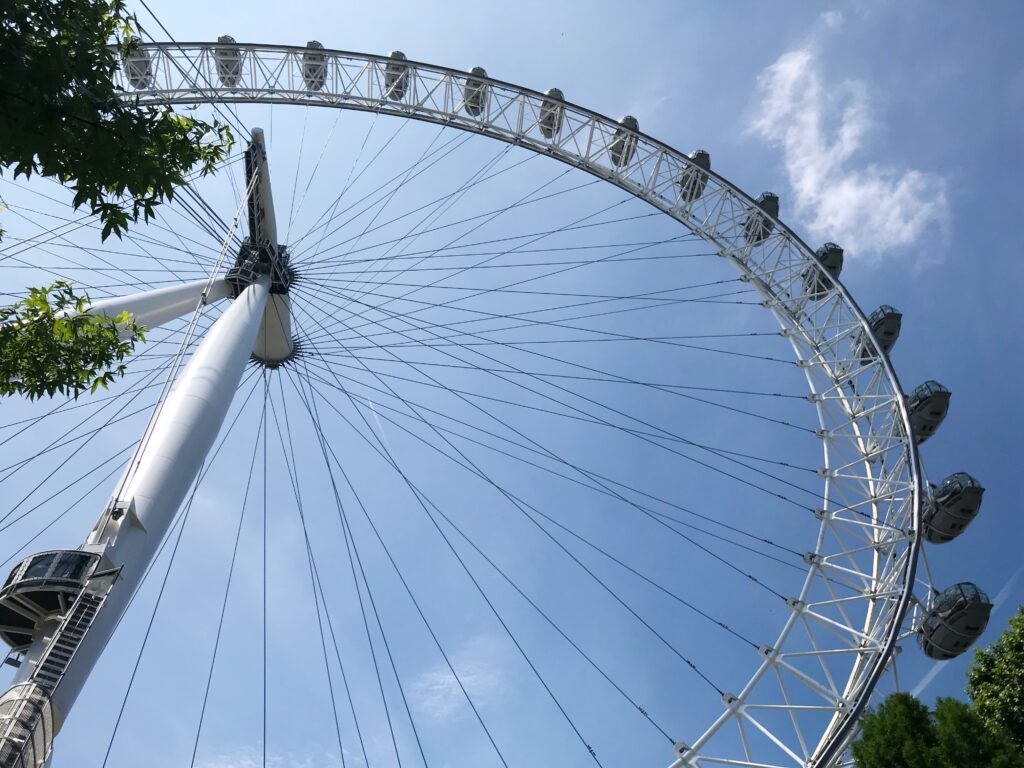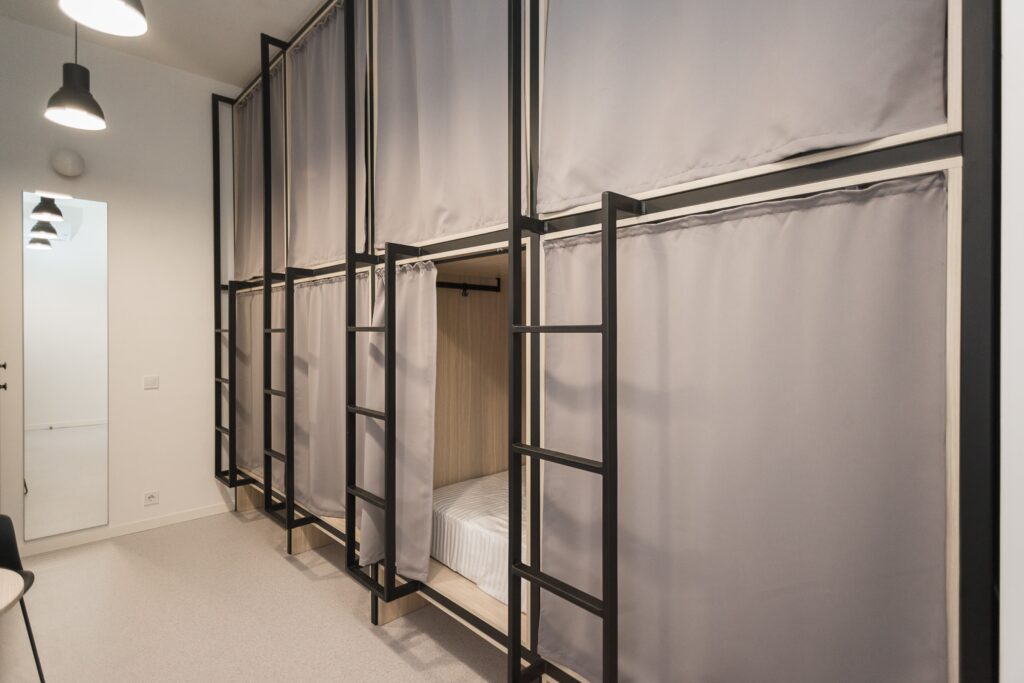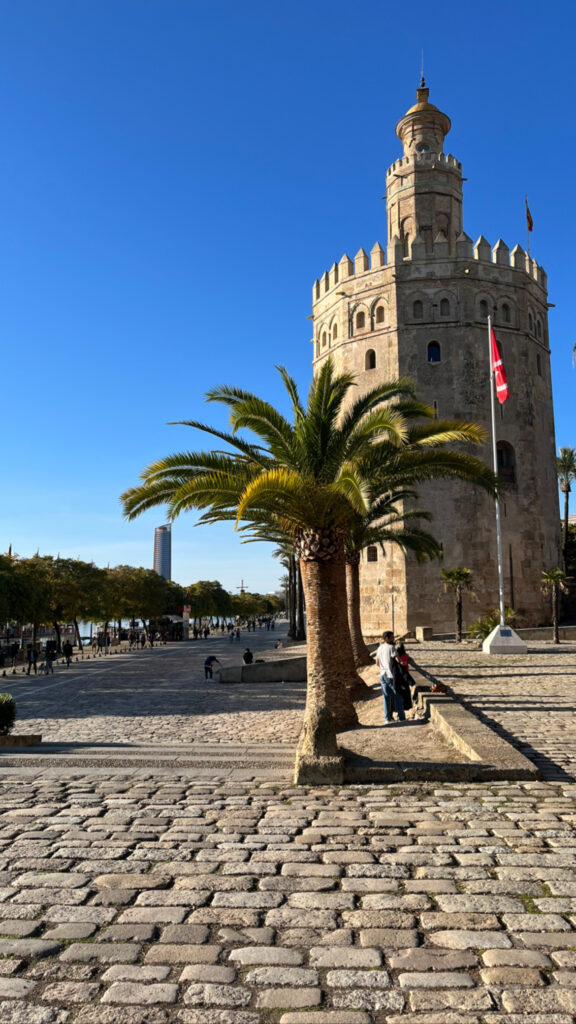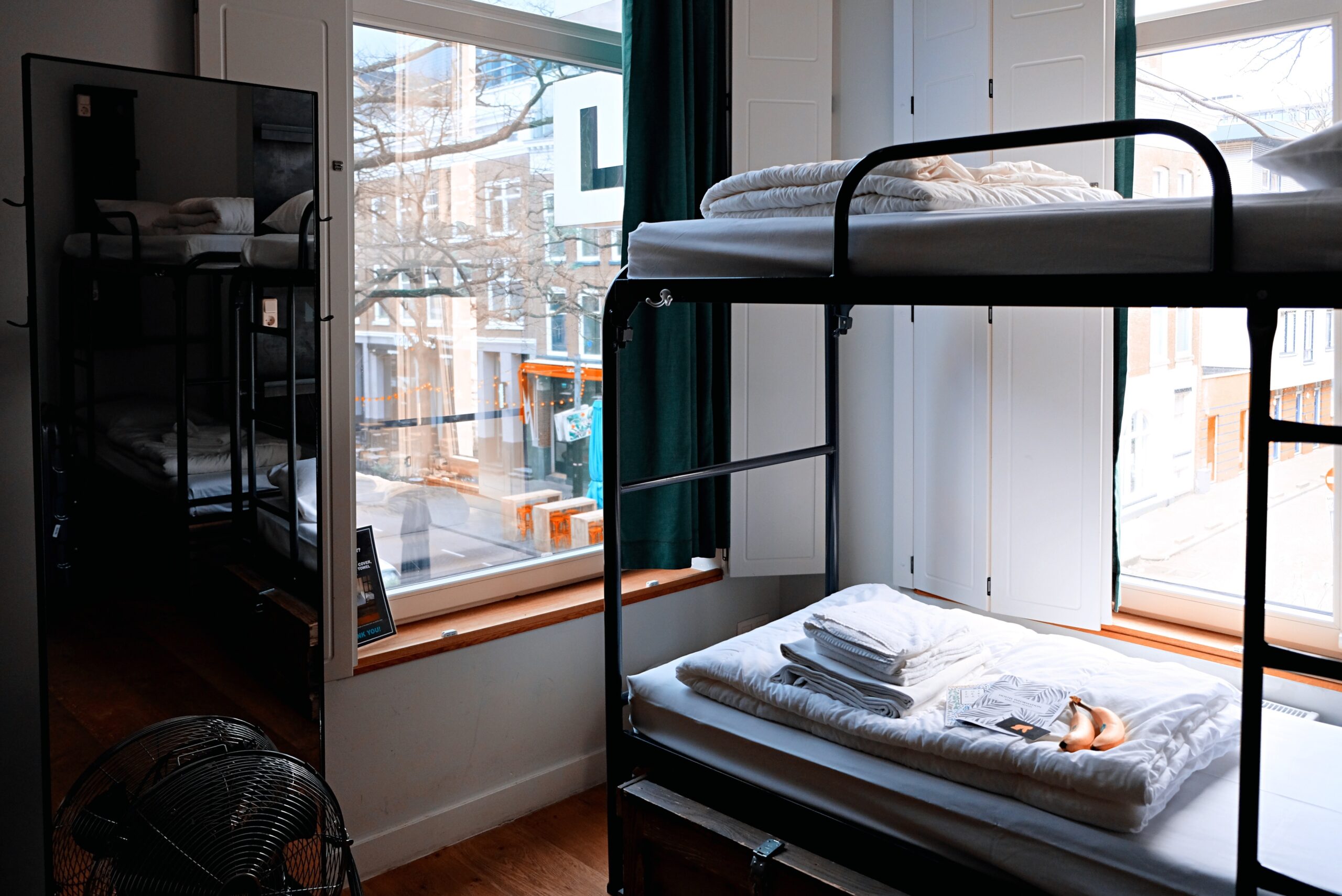Looking to travel around the world or the next destination on your bucket list, but worrying about safety? Don’t worry, we’ve all been there before. That’s probably why you’re searching: Are hostels safe for solo female travelers?
48% of solo travelers say safety is their top concern, meaning any worries you may have are normal.
It’s natural to be concerned before stepping foot in a new country, city, or accommodation. Especially as a solo female traveler.
But what about hostels? These are an affordable and often sociable accommodation option for those on a budget.
Let’s look into: are hostels safe for solo female travelers? We’ll also detail some top tips to remember when visiting a hostel and the countries rated the safest around the world.
So, are hostels safe for solo female travelers?
In my opinion, yes!
While there will be some situations that are exceptions, hostels tend to be very friendly places where people have eachothers back.
They are great for socializing and meeting others when traveling solo. And they’re ever popular with travelers – with the global hostels market growing from $5.7 billion in 2021 to $6.04 billion in 2022.
The largest hostel chains are a&o Hostels, Zostel, Meininger, St Christopher’s Inn, and Nomads World.
But, as always, use your common sense and evaluate your surroundings when entering a new location – the same for hotels too. If something doesn’t feel right, leave the situation as soon as possible.
What are the benefits of staying in a hostel?
One of the biggest benefits to staying in a hostel is the price! Prices can be very affordable which is really helpful when you’ve got a lot of traveling planned.
After all, when traveling, you just need a safe bed to sleep in for when you’re recharging for the day ahead. And that’s exactly what a hostel can do.
Other benefits include the atmosphere. Meeting new people is much easier in a hostel as there are dorm rooms with multiple beds and various social areas. There’s a very sociable atmosphere in hostels – many set up fun free events too.
If you’re in Europe, most hostels offer free breakfast to set you up for the day ahead.
Another plus is hostels can likely be found right in great central locations – perfect for solo travelers as you’re in the middle of buzz as soon as you step out the door. Central locations are beneficial for solo female travelers as you won’t have to walk to unknown and hidden locations or be scrambling for taxis.
What are the safest countries to visit as a tourist?

According to recent research, most solo travelers are female [84%] and 59% of these female solo travelers said they’d do it again.
Further research has been done to determine the safest places to travel around the world. Here are the 15 countries that this study believes to be the safest for travelers in 2023:
- Netherlands
- Denmark
- Iceland
- Australia
- Norway
- Canada
- Germany
- Sweden
- Switzerland
- New Zealend
- Spain
- Ireland
- United Arab Emirates
- United Kingdom
- Belgium
These findings were created from the Global Peace Index, the State Department’s own travel safety ratings, GeoSure Global scores of the major cities and a survey from travelers.
While each has been determined as ‘safe’ it doesn’t mean it’s free from crime or issues. Do your due diligence before you travel.
16 tips for staying in a hostel as a solo female traveler
Bring your own lock
This is important for keeping prying hands away from your luggage. This can be used for locking up your bag or suitcase while you’re away.
They do sometimes offer lockers for you to store your items in, always take use of any theft safety precautions.
If you’re extra cautious, purchase a lock chain to tie your suitcase or bag to a large item.
Don’t bring your most prized possessions
Leave the Louis Vuitton handbag and the YSL sunglasses at home. Otherwise they may become a target for thieves.
And besides, they’ll only weigh you down! Traveling light often means cheaper travel (as you won’t be paying for excess baggage) and it’s easier to move around.
Opt for a womens-only dorm
While mixed dorms are common and widely used, choose a womens-only dorm if you feel more comfortable.
This would be my preferred option going forward.
Most hostels offer them and they’re available for the usual 4,6,8, or 12+ beds.
Stay in a private room
If you’re really worried about staying in a hostel, but still want to experience the social side, choose a private room.
These are more expensive, but it means you’ll have your own space whilst still being able to join in on events and explore with people from around the world.

Purchase an alarm doorbell
If you’re worried about traveling alone, whether that’s in a hostel or a hotel, buying an alarm doorbell may put your mind at peace when sleeping.
These handy doorbells will alert you every time the door is opened.
Buy a safety alarm
A safety alarm or ‘alarm whistle’ is a very small alarm, typically sold as a keyring attachment, that can be set off when you click the button.
This very loud sound may scare off anyone trying to hurt you or rob you.
Download a safety app
Apps like ‘Noonlight’ are available to help you walk from A to B with a reputable agent on the phone until you get to your destination.
Some of these apps trigger requests to emergency services and are available on the main app stores.
If you’re feeling uneasy, or have to walk somewhere in an unknown area, try out one of these apps.
Read reviews carefully
There’s no shame in crawling through every single hostel booking site to check reviews, I do it every time.
To narrow down the searches, look for keywords like ‘location,’ ‘safety, and ‘room.’
Once you’re happy with the reviews, head to street view to scope the area. Googling the neighborhood and clicking on the news tab will allow you to see the most recent happenings.
Some may say this amount of research is overkill, but doing this method always helps to put my mind at ease. Going through social media and typing in the area or hostel is another great way to see more.

Watch what you’re drinking
If you’re an alcohol drinker, keep a good grip of your drink all night and don’t hand it to anyone you don’t know. Keep your hand covered, especially when passing through crowds.
Know your limits too, so you can stay as aware as possible when in a different country.
Don’t tell strangers where you’re staying
Sometimes this isn’t as obvious as a stranger asking you straight out, some people may ask you several questions so you feel at ease or trust them before saying where you’re staying.
Be slow to trust.
Don’t share your whereabouts on social media
Similar to the above, but you never know who’s looking at your social media for clues.
If you’re going to be hashtagging hostel names or adding it as a location, wait until you’ve left the place before posting.
This is a tip used by influencers and celebrities, they rarely post live.
Trust your instincts
Your gut instincts are often always right.
Follow general safety protocols and common sense, while trusting what your gut is telling you. If you immediately get a bad feel for a particular situation, leave safely.
Arrive at your hostel during the day
Arriving during the day means you can scope the area in better light. You don’t want to be arriving in the middle of the night, especially if you’re unsure of the area.
Let loved ones know your plans
Never let strangers know your travel stops, but do make sure your loved ones back home are aware.
Then, they can keep track of you at all times and can alert authorities in the correct city if in an emergency.

Scan your passport and key documents
Having a photocopy of your passport and important documents is really important.
If you ever lose these, having a photocopy can make the process less painful and a whole lot quicker.
If you forget to do this at home, ask at your hostel reception if they can print a couple things for you.
Act like you’ve visited before
Even if you’ve never stepped foot in the country before, act like you’re a seasoned pro!
Convince others you know exactly what you’re doing and you’ll appear less vulnerable.
Tourists are more likely to be targeted in the typical scams as they could be unaware, whereas locals walk with confidence and don’t have their head stuck in a map in the middle of a busy district.
